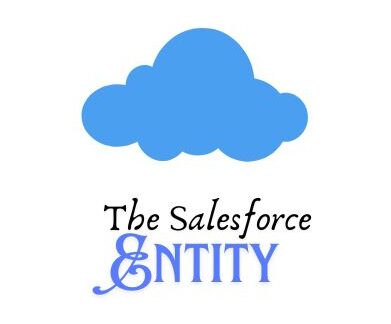Apex syntax and data types are essential components for writing effective and efficient Apex code. Understanding these concepts will help you write code that is readable, maintainable, and performs well.
Apex syntax is similar to Java and includes basic language elements like variables, expressions, loops, and conditional statements. Apex also supports object-oriented programming concepts like classes, objects, methods, and inheritance.
1.Apex supports several built-in data types, including:
2.Primitive data types: These include Integer, Long, Double, Date, and Boolean.
3.String data type: A sequence of characters.
4.Enum data type: A custom data type that allows you to define a list of related values.
5.SObject data type: A custom data type that represents a record in the Salesforce database.
6.Collection data types: Lists and Maps are used to store collections of data.
It’s important to choose the right data type for your variables to ensure that your code performs well and can handle data accurately. For example, using a Double data type for a variable that holds currency amounts is more appropriate than using an Integer data type.
By understanding Apex syntax and data types, you’ll be able to write code that is readable, maintainable, and optimized for performance. These concepts will also help you develop a strong foundation for building custom solutions on the Salesforce platform.
In this example, we’ve defined a class CurrencyConverter with a static method convertToUSD that takes in two parameters – amount (of type Double) and currency (of type String). The method performs a currency conversion from the input currency to USD.
The method uses a series of conditional statements (if-else) to determine the conversion factor based on the input currency. The result of the conversion is returned as a Double data type.
Ex.
public class CurrencyConverter {
public static Double convertToUSD(Double amount, String currency) {
if (currency == 'EUR') {
return amount * 1.20;
} else if (currency == 'JPY') {
return amount * 0.0093;
} else {
return amount;
}
}
}
This example demonstrates the use of variables, expressions, and control flow structures in Apex, as well as the use of primitive data types like Double and String. The use of the Double data type for currency amounts is appropriate as it can handle decimal values and ensures accuracy in the calculation.
